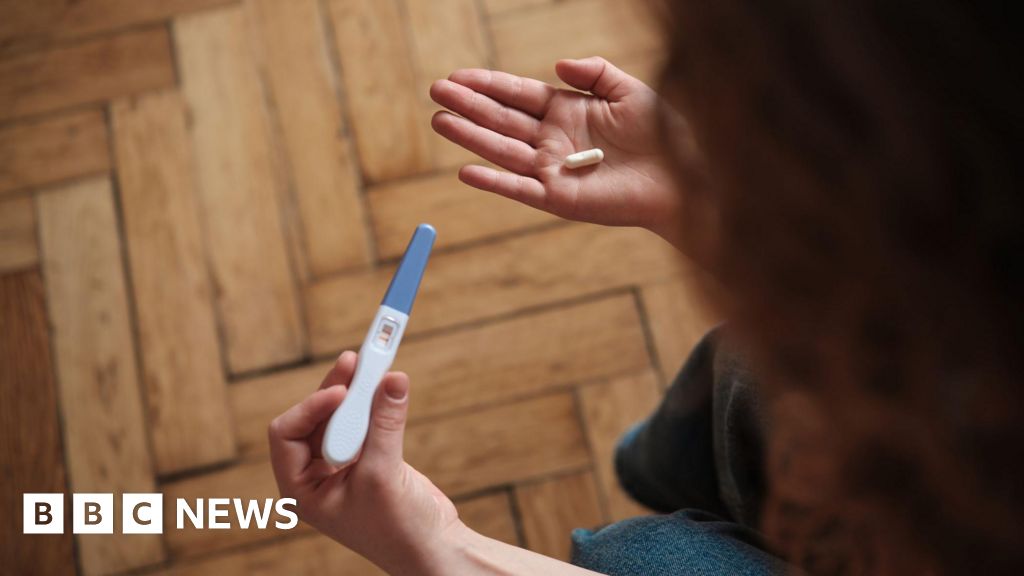US Health and Human Services Secretary Robert F. Kennedy Jr. is reportedly working on a way to curb pharmaceutical advertising.
Experts have long believed that an outright ban on the practice — the US is one of the only countries in the world to allow direct-to-consumer advertising — is unlikely to succeed in the courts. But RFK has his sights set on making it more expensive for the industry, which already reportedly spends more than $10 billion per year on advertising, according to a Bloomberg report.
The exact plan is unclear, but there are several tools the federal government could use, according to one expert.
Raymond James health policy analyst Chris Meekins, who previously worked at the US Health and Human Services Department (HHS), told Yahoo Finance that such a scheme could materially impact not only drug companies but also ad and media platforms. (See video above.)
Some estimates show that 20% of all advertising dollars in the US are from the pharma industry, Meekins said. "It may not even be pharma suing, it may be television networks. Any type of ad placement entity that says they'll be harmed by this change, and that it's an inappropriate change, could sue and have standing to sue on this," he said.
"I think there would be significant pushback," Meekins added, noting that pharma lobbying has a reputation for success over the years.
In addition, previous attempts to outright ban advertising have not been able to make it through Congress. One bill recently introduced by Sens. Bernie Sanders (I-Vt.) and Angus King (I-Maine) lacks bipartisan support, making it a nonstarter, Meekins said.
Read more: Is health insurance tax-deductible?
But how willing is the pharma industry to take on the Trump administration, given that it faces several battles, including the threat of tariffs?
"Pharma doesn't want to go in an outright hot war with the president anytime soon," Meekins said.
Big Pharma is fighting a multifront battle with the Feds. For one thing, the government might slow down drug approvals. There is also the threat of tariffs, plus the push to onshore manufacturing. Then there are the ongoing Medicare drug pricing negotiations and overall pressure on costs from Congress and the president.
"Any time you're having that fight, there's a cost to your investors for doing it. Your multiple gets compressed, a couple terms at least, because a bunch of investors are going to say, 'I just don't want the headache on this,' or to have to make a policy bet," Meekins said.









 English (US) ·
English (US) ·